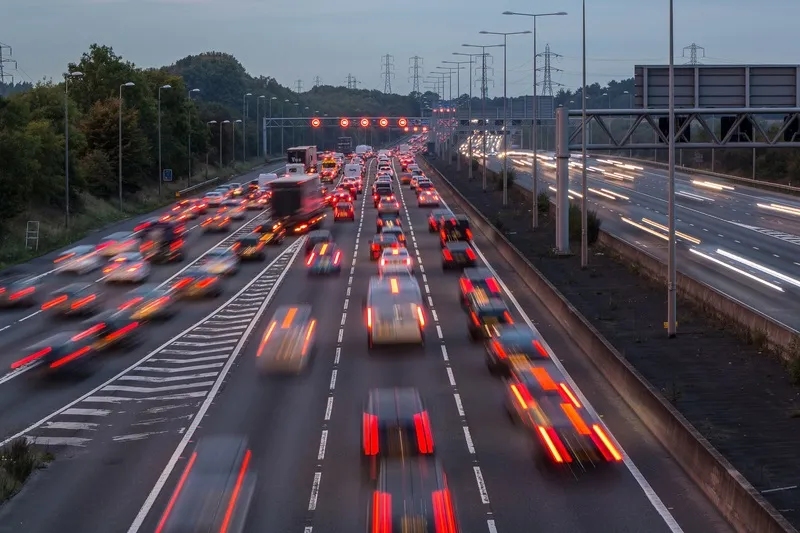The current UK government, which pledged to cut bureaucracy, had set its sights on the annual MOT vehicle inspections. “Cars are more reliable and the annual test has not changed in 50 years,” transport secretary Philip Hammond announced. The plan was for vehicle testing every two years instead of annually.
April 18, 2012
Read time: 1 min
RSSThe current UK government, which pledged to cut bureaucracy, had set its sights on the annual MOT vehicle inspections. “Cars are more reliable and the annual test has not changed in 50 years,” transport secretary Philip Hammond announced. The plan was for vehicle testing every two years instead of annually.
Not surprisingly, the motor industry and motoring organisations disagreed. They say that MOT centres are the backbone of road safety, finding 2,500 cars, every single day, that are dangerous to drive.
Now the UK government appears to be backtracking. Hammond has handed the proposed plan down to Mike Penning MP, parliamentary under secretary. “The policy is at its preliminary stages. No costs have been drawn up. No formal consultation has started,” states Anna McCreadie, spokesperson for the Department for Transport.
Not surprisingly, the motor industry and motoring organisations disagreed. They say that MOT centres are the backbone of road safety, finding 2,500 cars, every single day, that are dangerous to drive.
Now the UK government appears to be backtracking. Hammond has handed the proposed plan down to Mike Penning MP, parliamentary under secretary. “The policy is at its preliminary stages. No costs have been drawn up. No formal consultation has started,” states Anna McCreadie, spokesperson for the Department for Transport.







